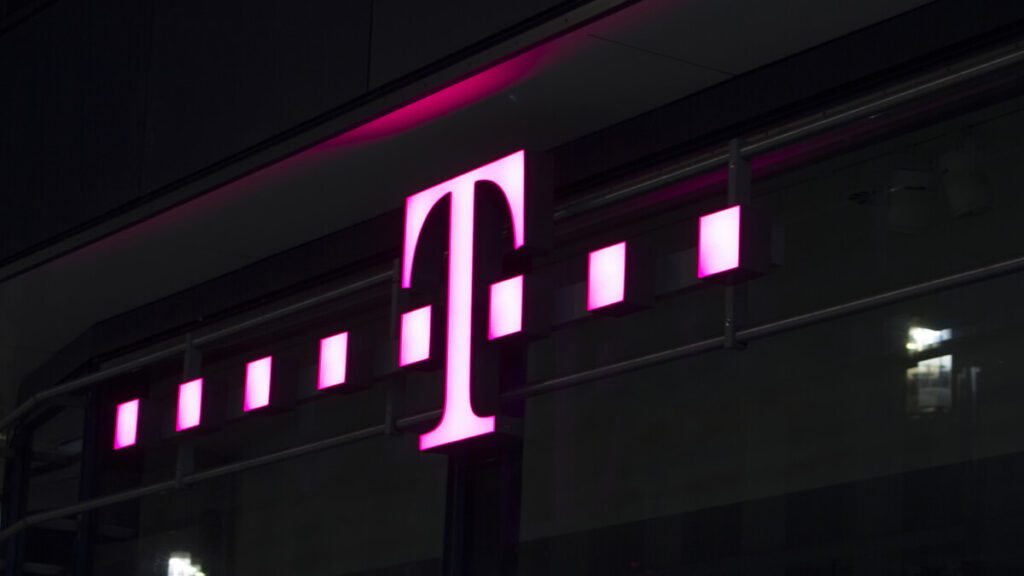
California regulators released on Friday a ruling addressing T-Mobile’s misrepresented declarations to the California Public Utilities Commission (CPUC) regarding the telecommunication operator’s grand vision for Sprint’s legacy CMDA network.
It seems that U.S. operator, T-Mobile, has fabricated misleading information to government regulators concerning its 3G shutdown plans to gain approval of its merger with Sprint, according to the ruling.
Sprint’s CMDA network carrier refers to a compatible server with CDMA cell phones. CDMA stands for Code Division Multiple Access, and it is a genre of radiofrequency utilized to provide 3G service.
On Friday, the ruling appealed that T-Mobile should provide reasons “why it should not be sanctioned by the commission for violating” a CPUC ruling with “false, misleading, or omitted statements.”
In its 2020 acquisition of Sprint, the service provider gained the regulators’ blessing by agreeing to sell Sprint’s Boost Mobile prepaid business and various assets to Dish. Currently, Dish is creating its private 5G network and reselling capacity from different networks.
Dish Network Corporation is a television service provider, and it currently offers a pre-paid mobile wireless service, DISH Wireless.
T-Mobile’s duplicitous and deceitful statements under oath is a clear exhibition that the company is working on making its CDMA network “available to Boost Mobile customers until they are migrated to Dish Network Corporation’s LTE or 5G services.”
According to the ruling, Dish would be given three years to finalize the migration.
However, the ruling plainly states that the Bellevue-based company must provide access to its 4G LTE and 3G CDMA networks to Dish customers in the transition period from 2020 to 2023.
From its part, Dish appealed and urgently requested government regulators to compel T-Mobile to follow up with its commitments. But despite the commission’s ruling, the company is currently implementing plans to quit providing CDMA networks services nationwide on January 1, 2022.

“The discrepancy between the information in T-Mobile’s testimony and information provided in its response is so serious that it warrants further investigation by this commission. Furthermore, impacts on service could Boost prepaid customers, who are frequently low-income, rural, and transient,” the ruling stated.
In parallel, T-Mobile accepted the terms of selling Sprint’s prepaid brand Boost Mobile to Dish under the merger deal conditions. The leading move would allow Dish to be a void filler in the wireless market left by Sprint as the fourth national service carrier.
This move would assist Dish in initiating its plan of building its private wireless network, by acquiring Boost’s customer base – many of which relied on a previous CDMA network.
The CPUC’s ruling could enforce sanctions on T-Mobile in case it could not provide reasonable reasons as to why it violated the Commission’s rules. The provider may be compelled to pay $100,000 in fines for every offense.
On Monday, preceding an online forum report stating that T-Mobile servers were breached, the company confirmed that an unauthorized entry occurred on some of its data, but no official statement was released whether personal user data was included in the breach.
“We are confident that the entry used to gain access has been closed, and we are continuing our deep technical review of the situation across our systems to identify the nature of any data that was illegally accessed,” the company said in a news release.
VICE Motherboard reported on Sunday that the forum post was selling stolen data from the Bellevue company’s servers, including Social Security numbers, names, addresses, and driver’s license information to more than 100 million people.